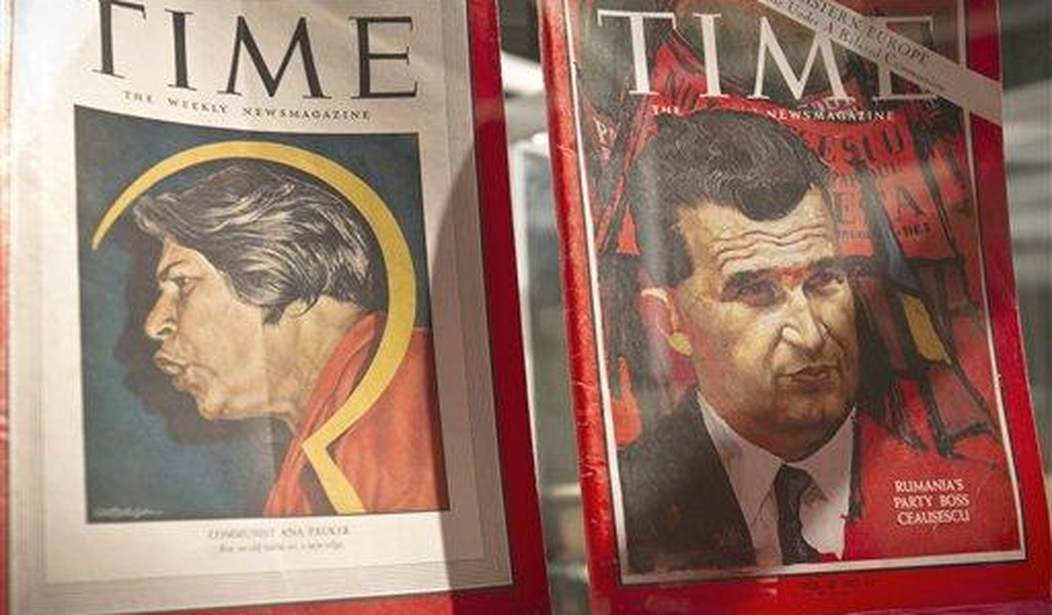The narrative that always gets sewn by liberals when Democrats get caught in a lie, a corruption scandal, or any moment that’s less than complimentary is that it’s just different. That’s the keyword: different. It’s not, but they’ll preface any manufactured talking point to declare why something is different when a Democrat does it and then go on a loquacious tangent that usually can be summed up with these words: they’re not Republicans. Time magazine put to paper an article that essentially argued that it’s different and inaccurate to call Rep. Hakeem Jeffries (D-NY), the House Minority leader-elect, an “election denier” because he’s a Democrat (via Time):
BREAKING: Election Denier Hakeem Jeffries was just elected as the new leader of the House Democrats. pic.twitter.com/skZqcnXiG7
— RNC Research (@RNCResearch) November 30, 2022
The term “election denier” has taken on a particular meaning, however, after Trump’s failed re-election campaign. The phrase has come to be associated with Republicans who claim the 2020 election was stolen from Trump, assert without evidence there was fraud in 2020 voting, and cast doubt on secure voting systems—claims that lead to the deadly January 6, 2021 riot at the U.S. Capitol.
Calling Jeffries an “election denier’ is misleading and conflates different issues. “Casting unfounded doubt on the outcome of an election is irresponsible when either party does it,” says Rachel Orey, associate director of the Elections Project at the Bipartisan Policy Center, a nonpartisan Washington think tank. “But I think it’s important to remember that the culture around elections was quite different before 2020.”
It’s a chapter in the ongoing history of the two separate rules that dictate how the media covers the behavior concerning Democrats and Republicans. Jeffries has a lengthy history of questioning the legitimacy of elections—we have the receipts—but the sentences are drafted to explain how this is different than what Republicans had voiced about the 2020 elections regarding ballot harvesting and other funny business that occurred when the ballots were tabulated.
Elle Purnell, an assistant editor at The Federalist, who also wrote about this comedy piece, aptly noted how the term “election denier” is an oxymoron—no one denies the 2020 election happened. This isn’t a “birds aren’t real” moment.
Recommended
The underlying impetus for this “election denialism” fetish the liberal media are addicted to stems from their aversion to free speech, a trend we’ve seen grow at an alarming rate across various institutions, specifically college campuses. We have the right to question our elections. Contrary to how the media frames it, questioning them isn’t a crime, and Democrats have done that for years. It goes beyond 2016—they were unsure if George W. Bush handily beat John Kerry in 2004. But that’s different because they’re Democrats—they were being patriotic.
That’s our media in 2022.

























Join the conversation as a VIP Member